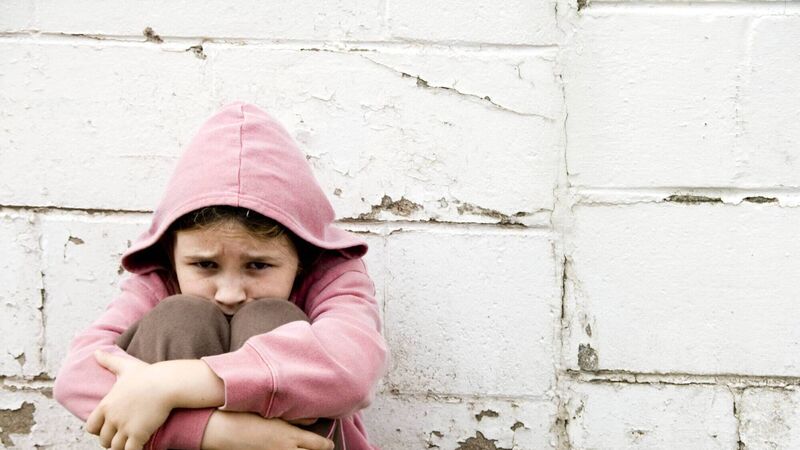Fergus Finlay: We need to put party politics aside to battle the cost-of-living crisis

'Poverty, and especially child poverty, is deeply rooted in Ireland — shamefully so, given that we are one of the richest first-world countries on the planet.'
There are big things to be done, and little things. Things that will make an immediate difference that won’t last long, and things that might take a bit longer to have an impact but the impact will last for ever. Funny enough, some of the things that are “littler” might last much longer than some of the big expensive stuff. And it might be possible to build real political consensus around some of the more important stuff.
That’s what I learned during the week from chairing a panel on Zoom about child poverty — and, inevitably, about the cost-of-living battle that we’re all engaged in right now. The panel was organised by the brilliant Children’s Rights Alliance, an organisation that has made a huge difference in its relatively short life.















